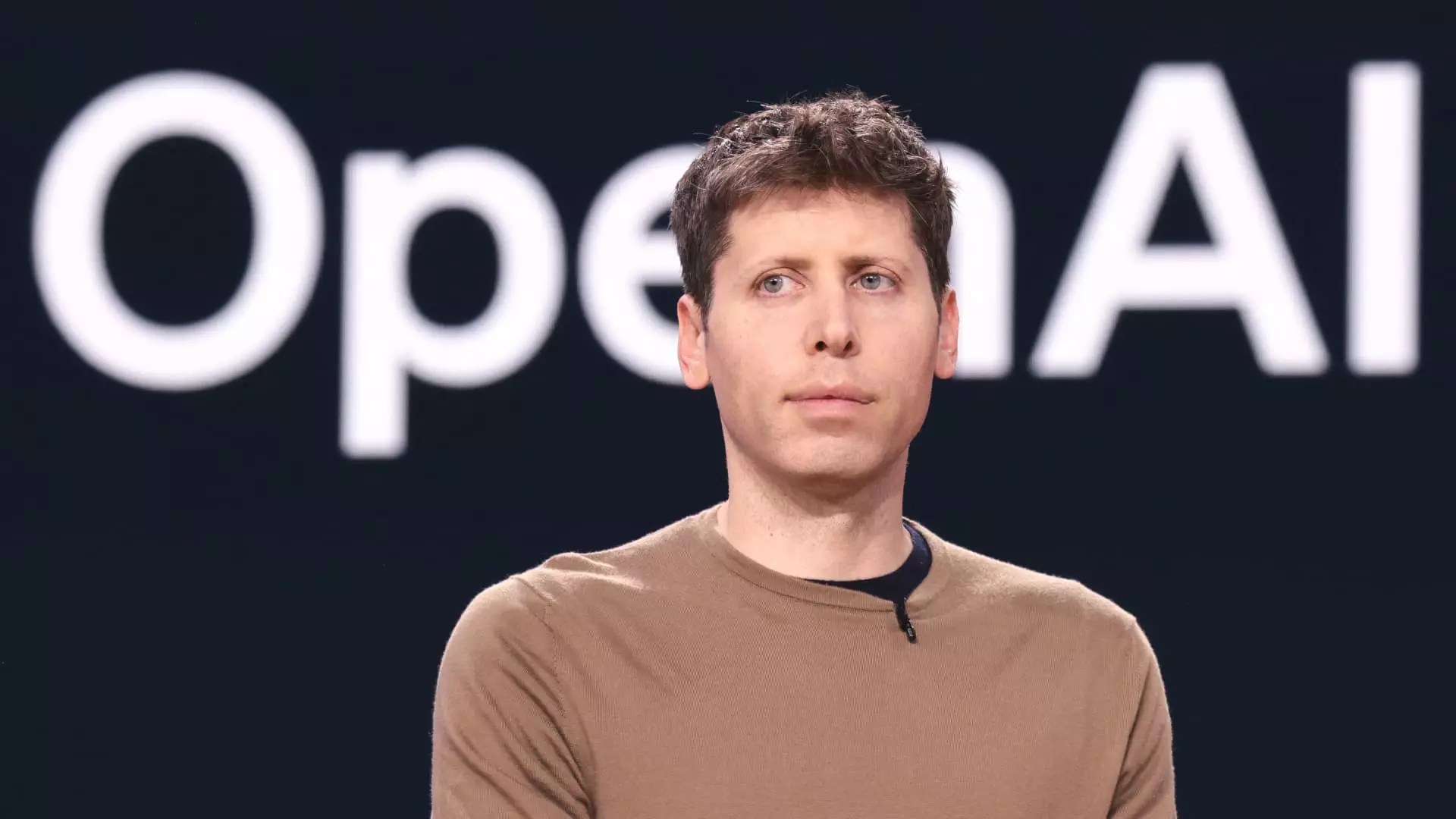On May 2, OpenAI announced the establishment of its Safety and Security Committee, a move made in response to mounting controversies regarding its security processes. This committee has recently undergone a transformation into an independent oversight board, designed to bolster accountability and transparency within the organization. The chair of this committee, Zico Kolter, a prominent figure in the machine learning community and director at Carnegie Mellon University’s School of Computer Science, signifies the company’s serious approach toward the critical intersection of technology and ethical responsibility.
The committee is composed of distinguished professionals, including Adam D’Angelo, co-founder of Quora; Paul Nakasone, former chief of the NSA; and Nicole Seligman, former executive vice president at Sony. Together, their varied backgrounds support a multidisciplinary approach to governance. OpenAI has tasked the committee with overseeing essential safety and security protocols guiding the development and deployment of its models. As part of its recent activities, the committee concluded a 90-day review of OpenAI’s systems, culminating in a set of recommendations aimed at improving the organization’s safety practices.
The decision to make the committee independent is a pivotal one. By doing so, OpenAI aims to isolate oversight from operational pressures, ensuring that safety measures receive the priority they demand. The organization realizes that trust is paramount in an industry fraught with ethical dilemmas, and presenting a transparent review process lays a foundation for public confidence.
After its thorough review, the committee put forth five critical recommendations. Firstly, the necessity for independent governance structures for safety and security emerged as a priority. This recommendation encapsulates the understanding that as AI systems grow more sophisticated, oversight must also evolve.
Secondly, the committee highlighted a need for enhanced security measures. With recent advancements in AI technology, the potential risks posed by misuse demand a comprehensive security framework that evolves alongside the technology. Additionally, the insistence on transparency in OpenAI’s work reflects a broader industry trend towards open dialogue regarding technological implications and ethical concerns.
Collaboration with external organizations emerged as the fourth recommendation, suggesting that the pathway to safe AI development lies in knowledge sharing and community engagement within the tech ecosystem. Finally, the committee advocated for the unification of OpenAI’s safety frameworks, promoting a cohesive approach to risk assessment and mitigation throughout the organization.
OpenAI’s rapid growth since the launch of ChatGPT has not been without its challenges. The company’s fast-paced evolution has attracted scrutiny, with stakeholders questioning whether OpenAI can maintain its commitment to safety amid rapid expansion. Reports indicate that several current and former employees have expressed concerns regarding the company’s speed, fearing it endangers the quality of oversight and safety protocols.
Political pressures have also intensified, as evidenced by Democratic senators questioning CEO Sam Altman about OpenAI’s approach to emerging safety concerns. The public’s demand for accountability was further amplified by an open letter from employees calling for enhanced oversight and protection for whistleblowers wishing to raise concerns.
Furthermore, the high-profile exit of key figures such as Ilya Sutskever and Jan Leike, less than a year after the introduction of a team focused on long-term AI risks, raises additional questions about the company’s stability and commitment to its ethical responsibilities.
As OpenAI embarks on its funding initiatives—aiming for a valuation exceeding $150 billion by attracting major investors like Thrive Capital, Microsoft, and Nvidia—it faces a crucial balancing act. The company’s commercial ambitions must be harmonized with ethical oversight and security protocols to ensure that technological advancements do not outpace safety measures.
Both internally and externally, OpenAI is at a crossroads. The institute’s ability to leverage the newly restructured Safety and Security Committee could serve as a significant step forward in navigating public and political concerns. By effectively addressing these issues, OpenAI may position itself not only as a leader in AI innovation but also as a model for responsible governance in the tech landscape.
OpenAI’s evolution into an independent oversight committee marks a significant shift in its approach to safety and security. The critical recommendations following the 90-day review highlight an understanding of the complex challenges that lie ahead. The tech community watches closely, as OpenAI not only shapes the future of artificial intelligence but also sets a benchmark for ethical responsibility in a rapidly evolving field. By prioritizing safety and transparency, OpenAI has the opportunity to build trust and foster a sustainable future for AI technologies.


Leave a Reply